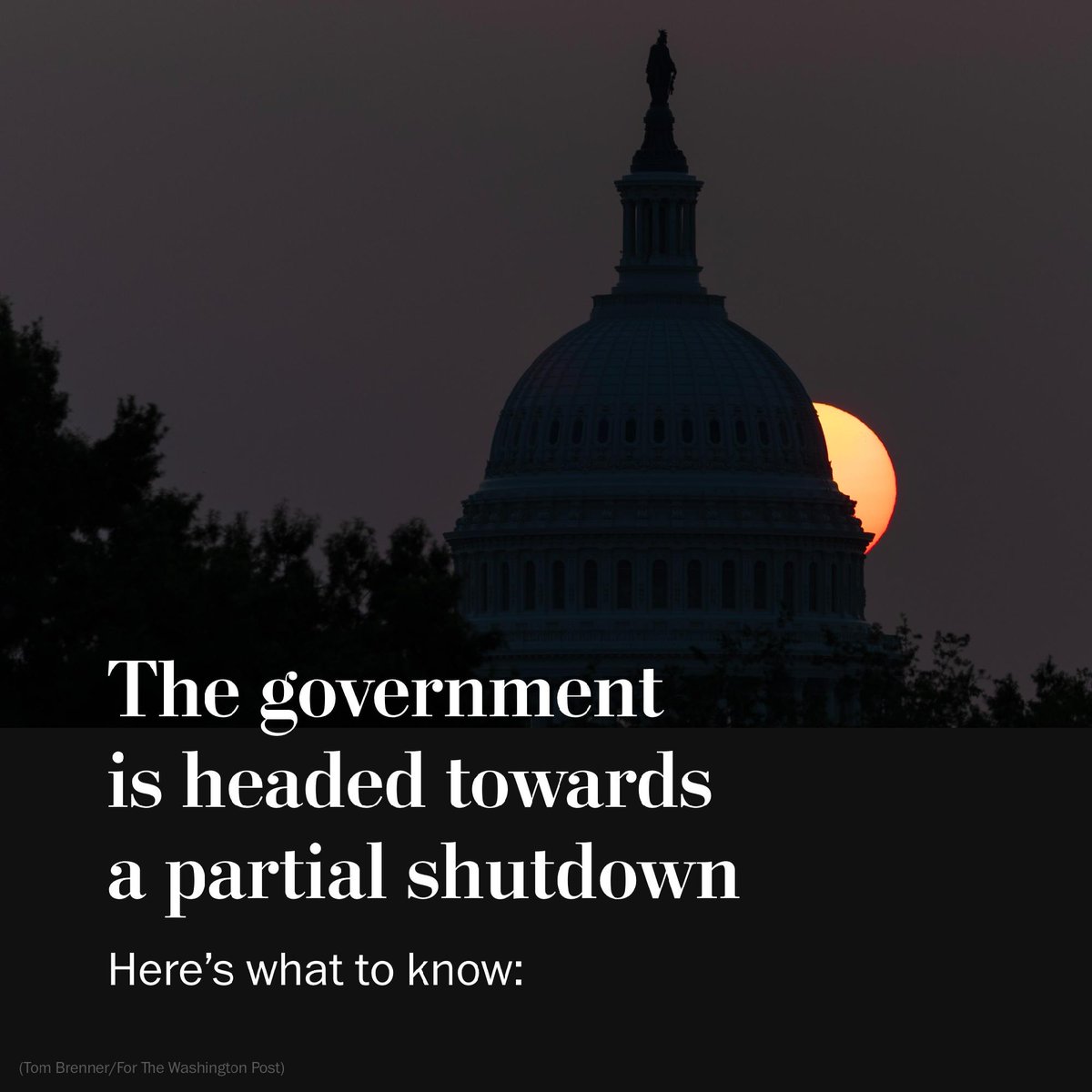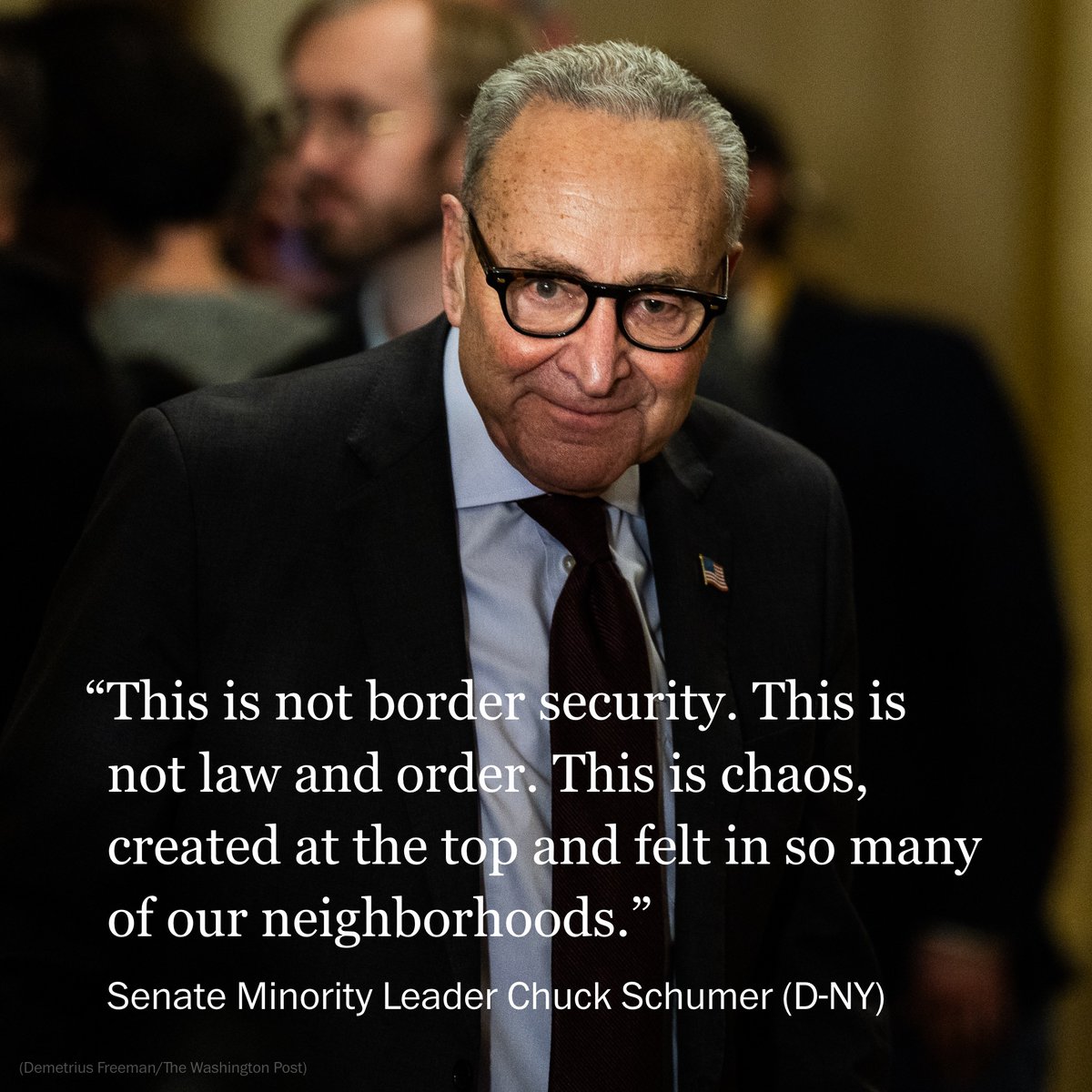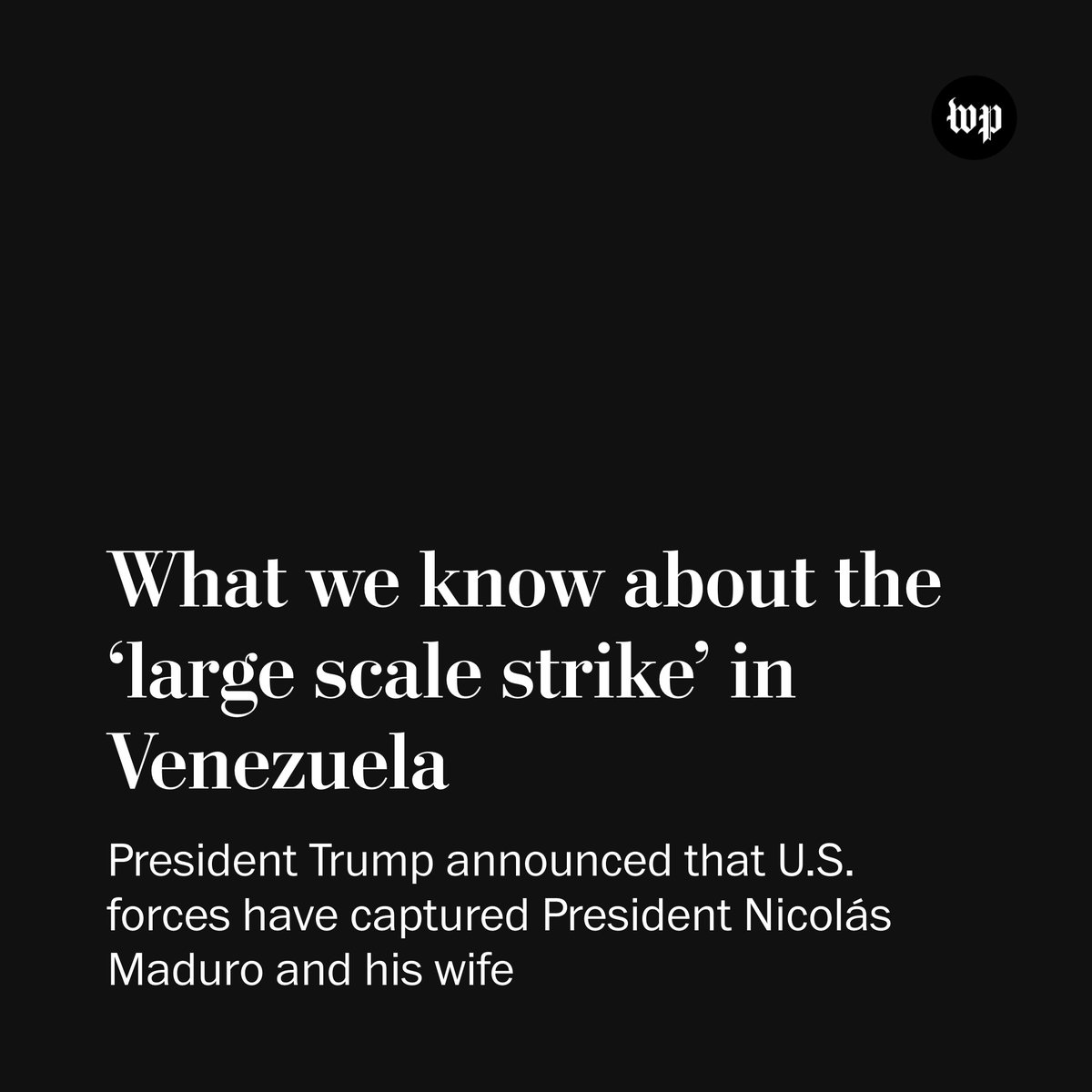Nearly half of covid vaccines administered so far have gone to high-income countries — just 16 percent of the world’s population.
Click through our interactive visualization to see just how unequal the global coronavirus vaccine rollout has been. washingtonpost.com/world/interact…
Click through our interactive visualization to see just how unequal the global coronavirus vaccine rollout has been. washingtonpost.com/world/interact…
Through the summer and fall of last year, wealthy nations cut deals directly with vaccine manufacturers, buying a disproportionate share of early doses and undermining a WHO-backed push to equitably distribute shots. 

The world’s poorest 92 countries will not be able to reach a 60 percent vaccination rate until 2023 or later, according to estimates from Duke University’s Global Health Innovation Center.
Israel has so far immunized the largest number of people per capita.
While Israel has been criticized for neglecting the Palestinian population, its vaccine campaign has otherwise been deemed a success and has allowed the return of a more normal way of life.

While Israel has been criticized for neglecting the Palestinian population, its vaccine campaign has otherwise been deemed a success and has allowed the return of a more normal way of life.


In lower- or upper-middle income countries, vaccinations are mostly going slowly.
In Brazil, for instance, less than 12 percent of the population has had a dose.

In Brazil, for instance, less than 12 percent of the population has had a dose.


Brazil is losing thousands of people a day to the coronavirus and the nation's variant-fueled outbreak is turning into a regional superspreader event. washingtonpost.com/world/2021/04/…
Covax, a WHO-backed effort to equitably distribute shots, may struggle to meet targets.
Ghana received the program's first doses in February, but like most lower-middle-income economies, has significantly less than it needs. Just about 3 percent of people have received a dose.

Ghana received the program's first doses in February, but like most lower-middle-income economies, has significantly less than it needs. Just about 3 percent of people have received a dose.


In a few relatively wealthy nations, mass immunization campaigns are progressing swiftly.
But much of the world is still struggling to secure enough supply. For many, herd immunity is many months — if not years — away, which could extend the crisis. washingtonpost.com/world/interact…
But much of the world is still struggling to secure enough supply. For many, herd immunity is many months — if not years — away, which could extend the crisis. washingtonpost.com/world/interact…
• • •
Missing some Tweet in this thread? You can try to
force a refresh












